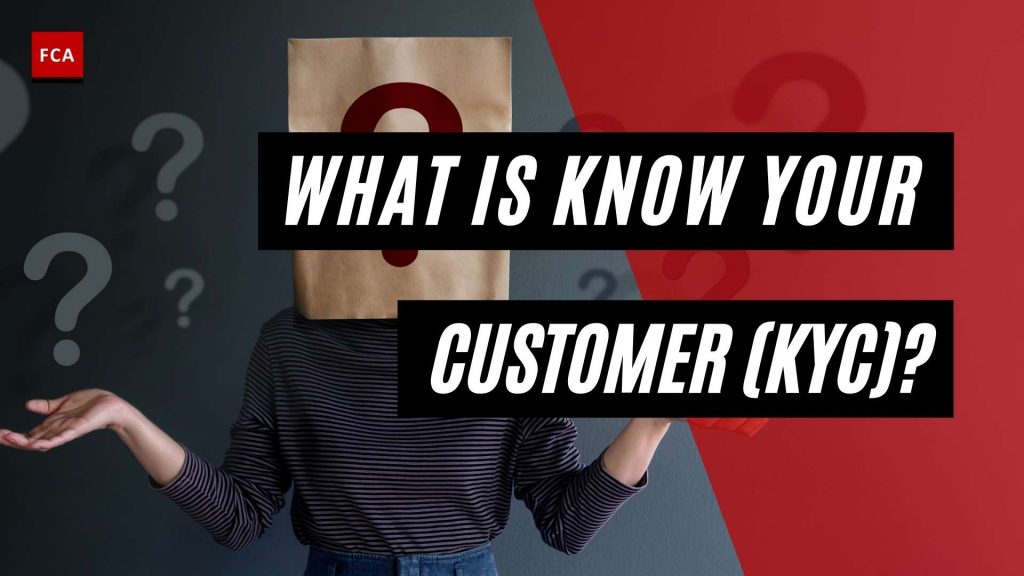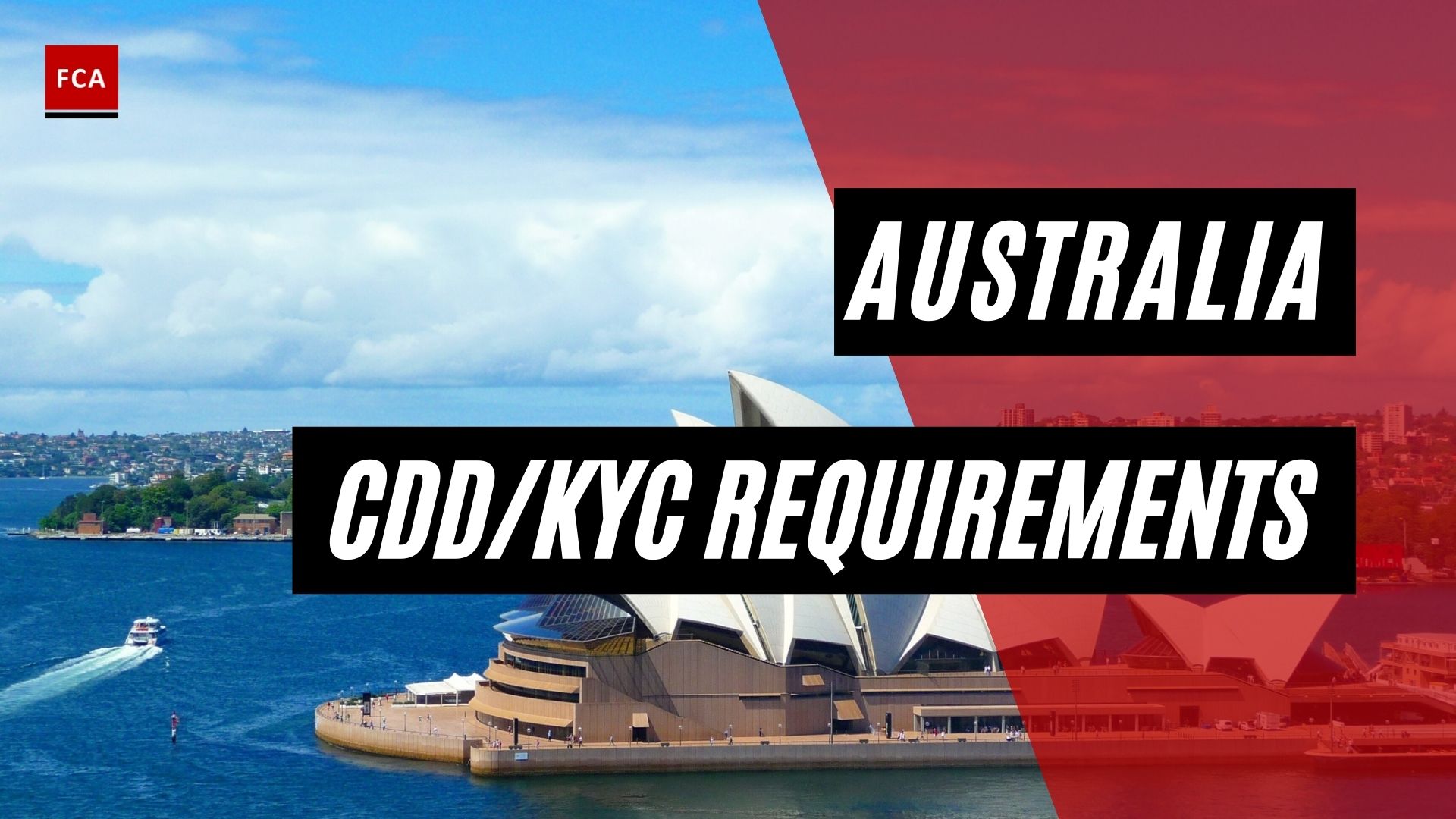What is Know Your Customer? Know Your Customer (KYC) is part of the Customer Due Diligence (CDD) measures, which enables the organization to know the credentials and background of the prospective customer. Organizations are required to perform the KYC process before onboarding the customer and update the LYC later on at different stages, such as during the process of periodic compliance reviews or investigations.
What is Know Your Customer and 3 Major Components
- The KYC process protects an organization from being used for money laundering or terrorist financing activities, which the customer may perform after getting onboarded by the organization, such as a financial institution.
- KYC enables the organization to avoid the risk of onboarding the criminals such as money launderers or persons associated with criminals in any manner.
- The KYC process is a mandatory duty that must be followed when a consumer contacts an organization, either physically or through internet portals, to create an account or receive services.

Onboarding the criminals causes the entity to face reputational losses and imposition of penalties from the regulator.
What is Customer/Business Relationship?
A customer or business relationship is defined as being formed when two or more parties engage in conducting regular business or in performing a “one-off” transaction. The term “business relationship” applies where a professional, commercial relationship will exist with an expectation by the firm that it will have an element of duration. The application of CDD is required when a firm covered by money laundering regulations “enters into a business relationship” with a customer or a potential customer.
Reasons for Know Your Customer (KYC)
- The KYC process is also performed when the customer or walk-in customer conducts a random transaction international wire transfer when there is a suspect of money laundering or when there is a doubt regarding the accuracy of previously collected consumer’s identity data or information.
- Organizations develop the KYC policy, which is approved by the Board of Directors and implemented down the line for compliance purposes. KYC policy serves as part of the organization’s overall Compliance Program, the purpose of which is to ensure that the organization takes appropriate measures to prevent the onboarding of unknown customers or persons from any jurisdiction.
- KYC process usually is a detailed process that may use the technology to combat financial crimes such as money laundering, fraud, and related scams. KYC procedures help promote a better understanding of prospective customers and their intentions for opening an account with the organization. KYC regulatory requirements apply to various types of organizations, including banks, money service businesses (MSBs), payment gateways, remittance businesses, real estate agents, dealers of precious stones, and so on.
- In the broader sense, the KYC process includes the following identifying the customer by using the initial documents they provided and identifying the true beneficial owner of the customer and taking appropriate measures to verify his or her identification. If the beneficial owner is a legal person, trust, company, foundation, or similar legal arrangement, the organizations are required to take reasonable measures to understand the ownership and control structure of that legal person, trust, company, foundation, or similar legal arrangement. It is also important to understand the objective of opening the account or establishing the relationship.
- Identification and verification of the client and true beneficial owner is part of the board-approved KYC policy. Identity verification of the prospective customer should be appropriate and reasonable to meet the applicable regulatory requirements. The purpose is to onboard only identified and verified customers. Verification of the information of the customer is also performed through utilizing the information from independent sources such as media news, websites, and other readily available public information..
How does Know Your Customer (KYC) help?
The KYC regulatory requirements help detect the risk of suspicious intentions and transactions at a very early stage, which may be the stage before onboarding the customer and providing the services. KYC is the procedure of customer identification and verifying that they are who they claim to be. This involves understanding a customer’s identity, financial activity, and the risk they face.
Final Thoughts
Know Your Customer (KYC) is a process performed by organizations to know their customer’s credentials and what kind of financial activity they are involved in. This process helps prevent the the risk of onboarding criminals such as money launderers, frauds or anyone associated with criminals in any manner.








